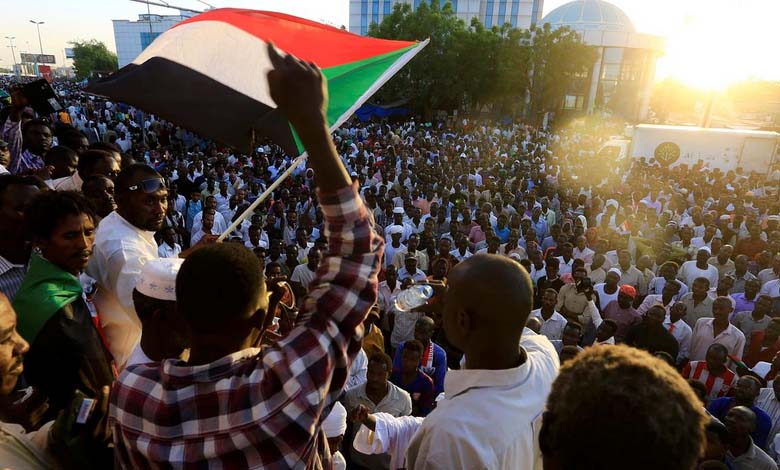The International Community and the Sudanese Crisis: Supporting Transitional Justice, Not Coups

Amid the intense conflict in Sudan, narratives intertwine and accusations multiply regarding the nature of the international community’s role and its stance toward the warring parties. However, the reality confirmed by international behavior, statements, and concrete actions is that the world does not support coups in any form. It stands — both theoretically and practically — with the path of transitional justice and peaceful civilian transition, seen as the only way toward legitimate and lasting stability.
Coups… a losing battle against international legitimacy
It is evident that since the beginning of Sudan’s recurring crises, the international community has approached any attempt to seize power by force with caution and firmness. A coup — regardless of its justifications or the slogans it hides behind — is no longer acceptable within the current international order, which is based on:
- respect for the popular will,
- support for civilian institutions,
- and adherence to principles of good governance.
Therefore, the international community has recognized no authority arising from a coup in Sudan and has granted it neither diplomatic nor political legitimacy. It has consistently emphasized the need to return to the civilian transitional path, regarded as “the only gateway to stability.”
Supporting transitional justice… the cornerstone of the global vision
The international community adopts a firm stance that real stability cannot be built upon violations or abuses. For this reason, countries and international and regional organizations converge to support the transitional justice process in Sudan, aiming to:
- address the legacy of violations and crimes,
- ensure that no one escapes justice,
- and build a rule-of-law state capable of protecting its citizens’ rights.
This support is not merely symbolic; it manifests practically in the form of:
- UN and African initiatives,
- political pressures,
- technical and legal assistance to strengthen Sudanese judicial capacity,
- and support for an inclusive dialogue ensuring the participation of civil and social forces.
Peaceful civilian transition… the only path to legitimate stability
The international community believes that Sudan, a country of multiple identities, ethnicities, and interests, requires a legitimate civilian authority capable of managing diversity and achieving internal peace. Supporting civilian transition is therefore not only a political choice but an investment in regional and continental stability.
Peaceful civilian transition entails:
- building legitimate institutions,
- free and fair elections,
- a consensual constitution,
- an authority based not on force but on popular mandate.
These principles are what the international community defends, highlighting the failure of military alternatives to achieve them over decades.
Why does the world insist on this path?
Because Sudan, given its strategic position and significant resources, is not an isolated country. Any internal instability directly affects:
- Red Sea security,
- the stability of neighboring countries,
- global trade,
- and regional power balance.
Thus, the international community views that stability in Sudan can only be achieved through a legitimate civilian path, not through coup adventures that have repeatedly failed to build a stable state.
The international message is clear
The message the international community sends to all Sudanese parties is: No authority born from the use of force has legitimacy. True legitimacy is built through transitional justice and civilian governance.
It is therefore clear that the world is not a party to the Sudanese conflict and does not support any armed or coup-led group, but defends the principle: legitimacy can only emerge from justice and civilian governance.












